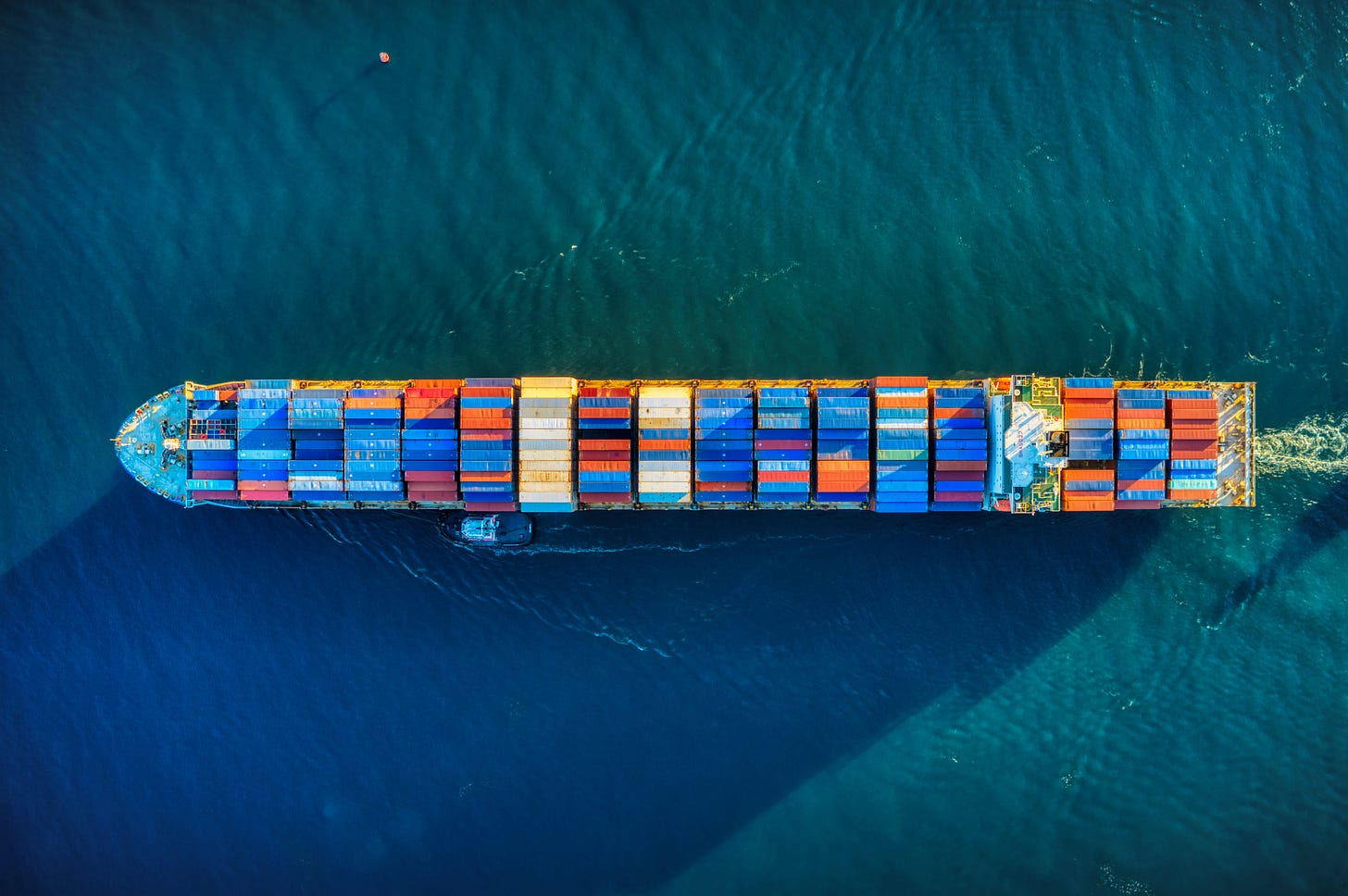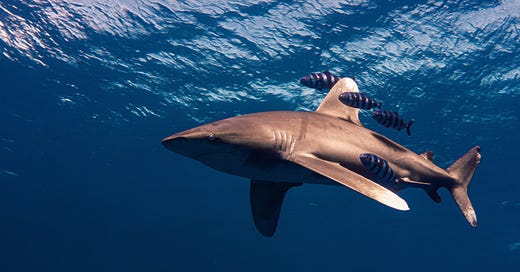7 questions with Alexis Grosskopf, CEO of Ocean Hub Africa
Based out of Cape Town, this incubator is fostering a multitude of innovative ways to protect our oceans.
Ocean Hub Africa is an ocean-impact accelerator, providing business and product development services to startups geared towards cleaning up our oceans. Ours to Save spoke to CEO Alexis Grosskopf about working to change minds in tourism and shipping, biomimicry, and finding your purpose in life.
Could you tell us why you decided to start Ocean Hub Africa?
I don’t know if you’re familiar with the Japanese concept of Ikigai? Four circles in a venn diagram: what you’re good at, what you love, what the world needs and what you get paid for. At the centre is your purpose in life.
I was here in Cape Town, sitting on a rock by the ocean, thinking about what I could do that didn’t already exist. I have a background in environmental engineering and have been working in entrepreneurship for the last eight years.
Cape Town is the ideal place to set up an incubator for ocean technology and to create better relationships between the ocean and people.
Earlier this year you spoke on a panel at Imperial College London. What were the most innovative solutions you discussed regarding ocean plastics at this event?
One of the other speakers created a biodegradable algae-based plastic, which takes in carbon. It’s great that it becomes ocean food, because lots of plastic ends up in the ocean.
We also discussed one of our own startups, Shark Safe Barrier, which uses biomimicry. It mimics kelp forests to provide a natural alternative to shark nets.
Another one, Inseco, produces insect protein. This is huge for the ocean economy, saving money and providing an alternative to unsustainable overfishing.
How successful have you been in your mission to support ocean-focused startups so far?
That depends on how you define success. We started with 30 applicants for our first cohort and we've gone up to just under 150 for the second cohort. In terms of inspiring entrepreneurs and getting more people interested in this ocean-impact space, it is growing.
We are seeing more proposals with higher-level technology coming our way. There’s also more private capital going into sustainable ocean growth.
1000 Ocean Startups is something we are a part of, which brings together people who focus on sustainable life below water and positive ocean impact. We know the deadline is 2030 and we are running out of time.
Catalysing partnerships is important because oceans belong to everyone. If someone does something wrong in Panama, it can have an impact in the UK. We need to come together to see success. Especially with the first IPCC report in 2019, we see that looking after our oceans is a high priority for climate change.

You currently support startups across Africa with a goal to protect oceans around the world. Would you ever expand beyond the continent?
Our coalition, 1000 Ocean Startups, is an international one – but we are mainly looking at helping and growing African-based startups.
We don't see anyone else as competitors as they are usually ecosystem based, and our programme can still be used in other parts of the world, but our expertise is around the African economy and the blue ocean.
Your network is your net-worth so it is important we keep connected to what we know to see sustainable growth.
Could you tell us about your work with Dassault Systemes and how they are supporting Ocean Hub Africa’s mission?
Dassault Systemes provides a platform on the Cloud to our entrepreneurs, allowing them to design and virtually test prototypes before building them and putting them in the ocean. This saves money and means we know the product works before implementing them. Without this testing beforehand, the prototype could break.
Part of your work focuses on involving tourism and shipping industries with your mission. What are the responses to this usually like?
Tourism has been hit hard by COVID-19. One side has taken this time to pivot and become focused on coastal communities; it’s trying to be more sustainable, which is great. The other side isn’t able to do this due to the money constraints.
The majority of worldwide trade happens via shipping. This is heavily polluting; it will take a massive effort, with industries and governments coming together, to decarbonise shipping. Efforts so far have been very warmly welcomed.

Finally, is there anything you would like readers at Ours to Save, or governments around the world, to know about the importance of protecting our oceans?
We already have most of the solutions; we already know a lot of the problems. What we are missing is action.
As an example, if we decide to stop using single use plastics and then the government bans single use plastics, it doesn't provide businesses with a solution to remove plastic from their shelves, so there needs to be an innovation to implement what the drivers want to see.
We need to think about how to best leverage the system as it exists, in order to shape things differently – to shift from a normal ocean economy to a blue ocean economy. Whilst we look at what is profitable for businesses, it is important that what we are doing has a relevant impact embedded into its DNA.
Imaan Asim is a modern languages student at QMUL. You can read her work here.




